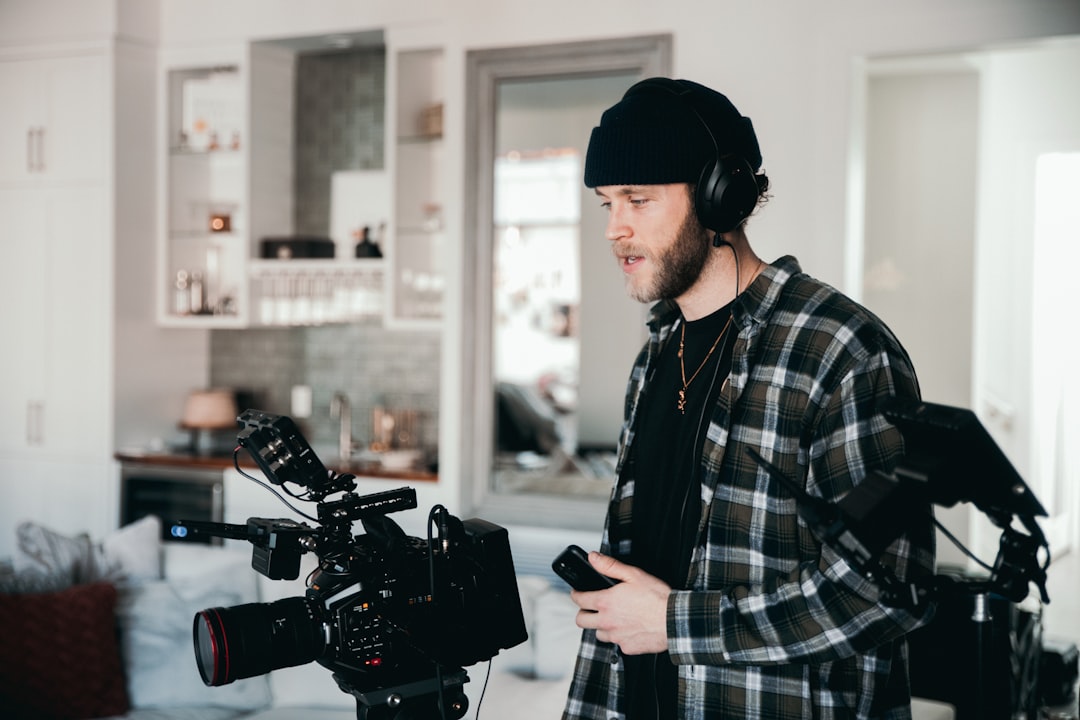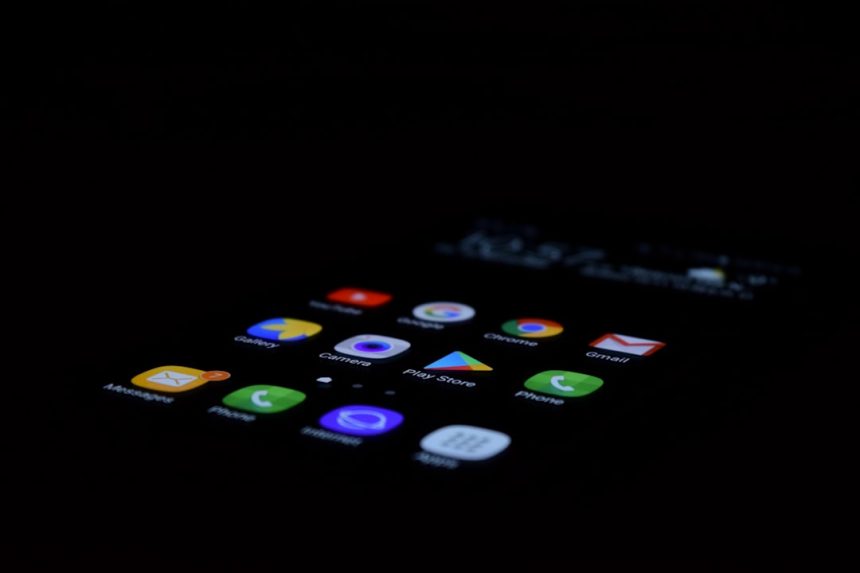In the evolving landscape of digital marketing, few platforms have had as significant an impact on direct-to-consumer (DTC) brand growth as TikTok. As we move into 2025, TikTok remains a powerhouse for DTC brands looking to scale rapidly. With its algorithm designed to favor engaging content and its culture that rewards authenticity, TikTok continues to be a goldmine for brand discovery and community building.
Whether you’re a niche skincare startup or a rapidly scaling apparel brand, TikTok offers a unique opportunity to reach audiences organically and ignite viral growth. But succeeding on TikTok isn’t just about participating—it’s about understanding what really works: strategic hooks, irresistible offers, and partnering with the right creators.
The TikTok Landscape in 2025
The TikTok algorithm in 2025 remains centered around content relevance, watch time, and engagement. However, changes in consumer behavior and an increasingly competitive landscape mean brands need to be more creative than ever. Content needs to be punchy, emotionally resonant, and designed to convert viewers into loyal customers within seconds.
As Generation Z and younger Millennials continue to dominate the platform’s user base, their demand for realness and value has intensified. Brands that continue to rely on static, overly-produced marketing assets won’t stand a chance. Instead, the battleground for DTC success on TikTok now revolves around three things:
- Hooks that capture attention in the first 3 seconds
- Offers that create urgency and increase conversion
- Creators who act as authentic brand advocates
Packing a Punch with Hooks
Attention spans on TikTok are shorter than ever. In 2025, the first 1-3 seconds of a video determine whether a user scrolls past or sticks around. This is where hooks come in. A hook is the opening line or scene of your video—its mission is simple: stop the scroll.
Effective hooks aren’t always flashy; in fact, many of the most successful ones on TikTok are disarmingly simple but highly relevant. Some examples include:
- “You’re using this wrong. Here’s the right way.”
- “What I bought vs. what I got…”
- “Nobody talks about this—but they should.”
Using a hook that targets a user’s curiosity, fear of missing out (FOMO), or desire to solve a problem taps directly into the TikTok audience’s psychological drivers. When paired with tight editing and authentic visuals, it becomes a powerful tool for driving viewership and shares.

Irresistible Offers That Convert
Grabbing attention is only half the battle. The next step—and one that many DTC brands still overlook—is converting that attention into a sale. This is where your offer comes into play.
In 2025, consumers expect more than just a discount code. They’re looking for value beyond price, which could include:
- Bundled products with bonus items
- Limited-time exclusives that create urgency
- Free trials or money-back guarantees
- Viral challenges with prizes or shoutouts
Consider how one DTC beverage brand drove over $1 million in monthly revenue by pairing a flash sale with a limited edition flavor—and announcing both via creator-led unboxing videos. The combination of scarcity plus community buzz made the product a must-have overnight.
Smart brands also bake their offers into the storytelling. Rather than leading with “Buy now,” they might showcase a real person solving a relatable problem, with the solution being the product and the reward being the offer.
Creators Are Today’s Brand Ambassadors
If 2023 was the year of the influencer, 2025 is the year of the creator-as-partner. TikTok creators are no longer just vehicles for product placement; they are collaborative partners driving brand voice, resonance, and even product design.
The best-performing DTC brands on TikTok rely heavily on creator-generated content (CGC). Here’s why it works:
- Trust: Audiences trust creators more than brands
- Authenticity: Content that feels native to TikTok performs better
- Speed: Creators can turn around content quickly and at scale
But merely throwing your product at a creator and asking them to “do their thing” won’t cut it anymore. Strategic collaboration is critical. Brands need to provide guidance on the product’s unique selling points, desired messaging, and brand tone—while also giving creators space to innovate and stay true to their voice.

Micro-creators (those with 10K to 100K followers) are proving especially effective. They often deliver higher engagement rates, more authentic interactions, and lower costs. For a DTC brand, that means a better return on ad spend (ROAS) and deeper category penetration.
TikTok Shops and Seamless Buying
One of the biggest leaps for DTC brands in 2025 is the continued rise of TikTok Shops. This native e-commerce integration allows brands to sell products directly within the app. For users, that means a frictionless shopping experience—see it, love it, buy it, without ever leaving TikTok.
Top-performing TikTok Shops campaigns use a mix of:
- Product demos with clear value proposition
- Content batch-tested across multiple hooks
- Shop-optimized creator content tailored for commerce
Brands are also experimenting with scheduled drops and countdowns, creating the type of anticipation typically reserved for product launches by global corporations. Combined with the viral potential of TikTok, even small DTC brands can achieve six or seven-figure monthly sales.
Testing, Learning, and Scaling
Speed is the name of the game on TikTok. Brands that test aggressively, kill off what’s not working, and double down on winners are those that scale the fastest. A/B testing hooks, offers, and creators becomes essential. Some TikTok-savvy brands run up to 50 ads per week through variations of top-performing concepts.
Tools like TikTok’s built-in analytics, alongside third-party platforms, allow for deep insight into engagement metrics, conversion rates, and video retention. This data is fueling creative strategies and campaign structures, transforming TikTok marketing into a performance-driven science.
What’s Next for DTC on TikTok?
Looking ahead, the DTC brands that win on TikTok in 2025 and beyond will be those that treat the platform not just as a channel for virality—but as a full funnel marketing engine. They’ll build editorial-style content calendars, leverage creators as both marketers and product developers, and deliver offers so value-packed they become impossible to ignore.
With the platform expanding its capabilities—including live shopping, improved analytics, and better creator monetization—the opportunities will only grow. But success won’t come from gimmicks. It’ll come from relentlessly serving the audience, testing rapidly, and amplifying what works.
In a world where attention is currency and connection is king, TikTok offers DTC brands a shortcut to the hearts—and wallets—of millions. The brands that master hooks, craft compelling offers, and align with the right creators won’t just grow on TikTok—they’ll build empires.






